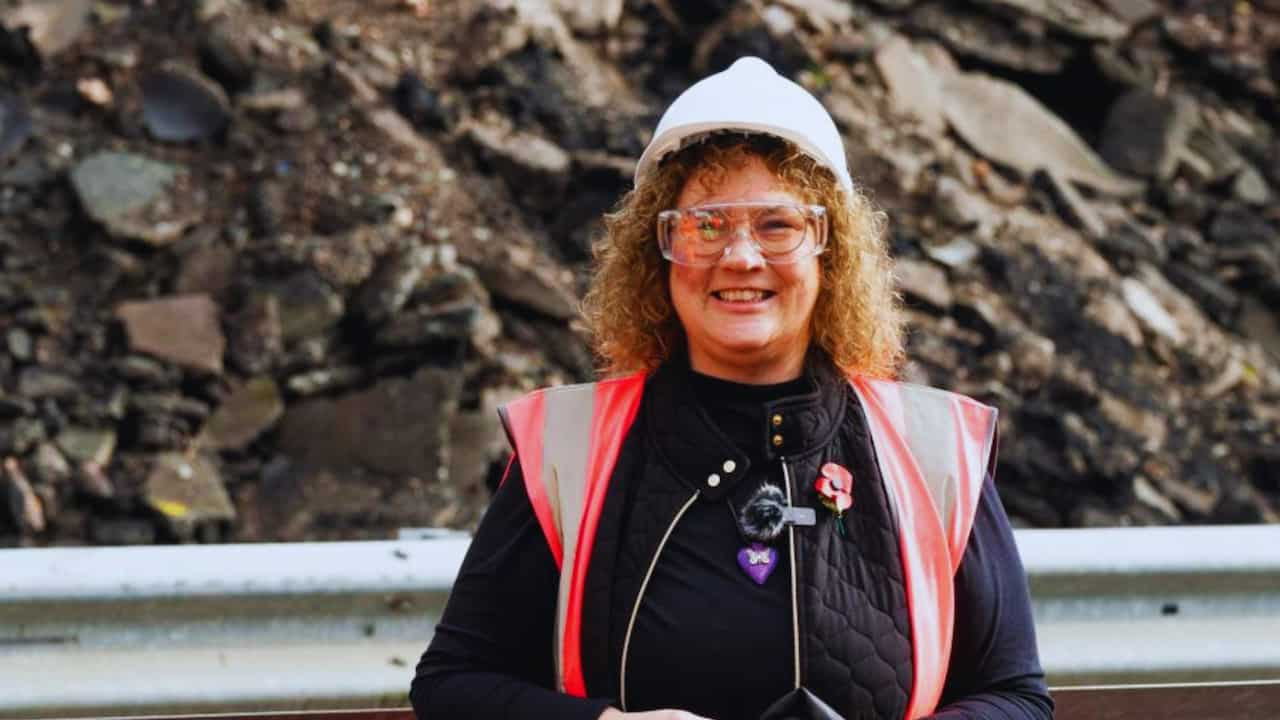Revolutionary Green Technology Transforms Worcestershire’s Streets: A 70% Carbon Cut in Footway Construction
Breaking news from the heart of Worcestershire reveals an environmental breakthrough in road construction that’s turning heads across the UK. As your environmental correspondent, I’m excited to share how this innovative approach is reshaping our community’s future.
Worcestershire County Council, in partnership with their contractor Ringway, has launched a groundbreaking initiative using RECOFOAM®, a revolutionary eco-friendly material that’s changing how we build our walkways.
The numbers tell an impressive story. This new material uses up to 97% recycled content, marking a dramatic shift from traditional construction methods. But what makes this truly remarkable is the 70% reduction in carbon emissions per tonne compared to regular hot mix asphalt—a game-changing achievement in our fight against climate change.
“Our use of RECOFOAM® represents a significant step forward,” declares Councillor Emma Stokes, who leads the council’s environmental initiatives. Speaking from the council headquarters, she adds, “We are proud to use it as an excellent example of sustainable footway infrastructure.”
Here’s how it works: The process takes old road materials that would typically end up in landfills and gives them new life. Workers crush and mix these materials with foamed bitumen to create a strong, durable surface for pedestrians. Think of it as recycling on a massive scale—but instead of paper or plastic, we’re recycling entire walkways.
The impact is already visible in the numbers. During 2023, the project achieved remarkable results:
- 8,522 metric tons of RECOFOAM® were produced.
- Emissions reduced to 144,874 kg CO2.
- This represents a remarkable 74% reduction compared to conventional techniques, which would have produced 553,930 kg of CO2.
Perhaps most importantly, this innovative approach helps keep harmful materials out of our landfills. Hazardous waste, such as asphalt containing coal tar, now receives a second life instead of potentially harming our environment.
The success has been so significant that RECOFOAM® isn’t just an experiment anymore—it’s become the new standard for all footway reconstructions across Worcestershire. This marks a fundamental shift in how local governments can approach infrastructure development while prioritizing environmental responsibility.
“By incorporating recycled materials and reducing our carbon footprint, we are protecting our environment and setting a new standard for roadworks,” Stokes emphasizes. “This achievement demonstrates our dedication to creating a cleaner, greener Worcestershire for future generations.”
Looking ahead, this initiative could serve as a blueprint for other counties across the UK. It shows how local governments can take meaningful action on climate change while maintaining high standards for public infrastructure.
For residents of Worcestershire, this means every step they take on these new footways contributes to a more sustainable future. It’s a practical example of how innovative thinking at the local level can lead to significant environmental benefits while meeting everyday community needs.
As this story develops, we’ll continue to monitor the long-term impact of this green initiative on both infrastructure quality and environmental preservation. Stay tuned for more updates on this transformative project that’s literally paving the way to a greener future.
